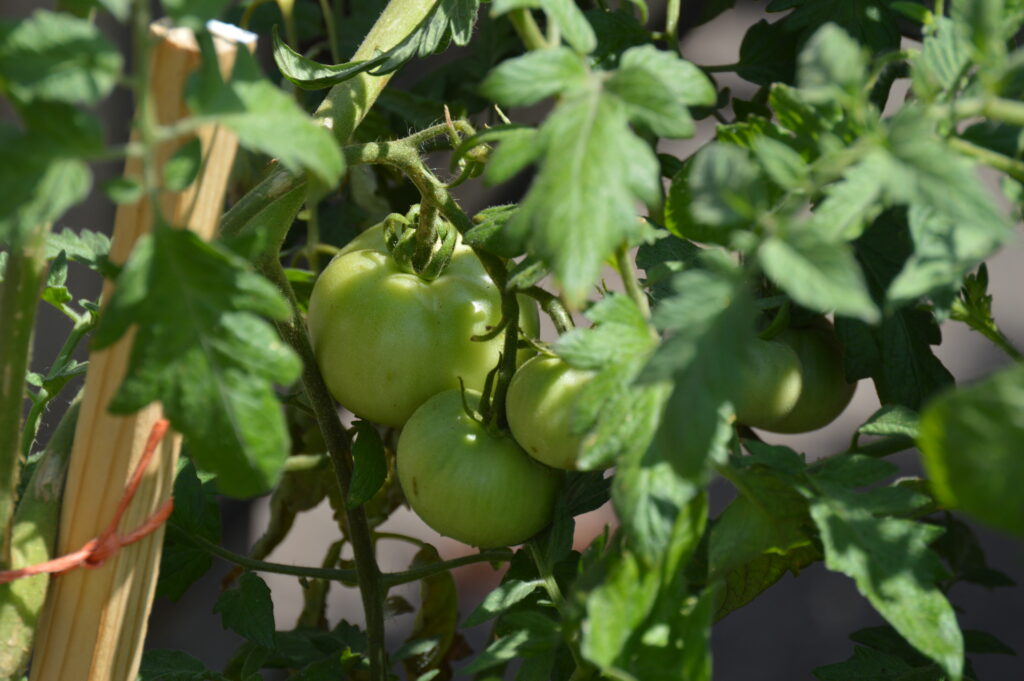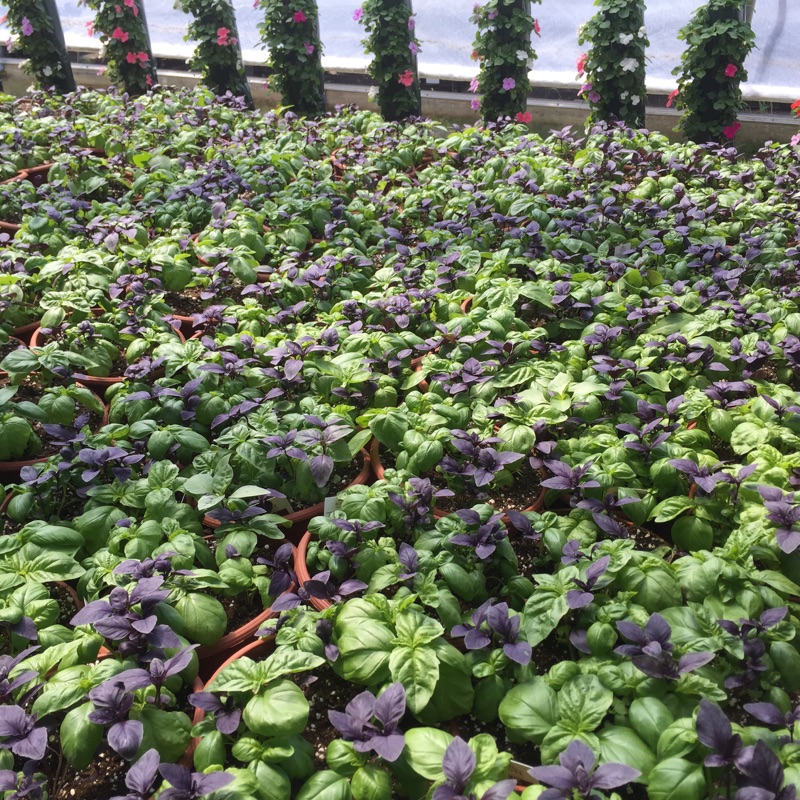

Don’t assume that a farm is closed to customers just because it’s winter. If the CT Grown farm near you has greenhouses on the property, they’ll likely still have their products available at their farm store, or at a winter farmers’ market or grocery store.
Greenhouses play a major role in sustaining CT Grown products throughout the year, representing one-third of the state’s agricultural activity. At last count, Connecticut had 12.7 million square feet of commercial greenhouse space!
Read on to learn about what CT Grown products are available year-round thanks to greenhouses. You can also read our previous articles on hydroponic farms and mushroom farms.
Winter bouquets
Flower cultivation is one of the strongest agricultural sectors in Connecticut, and greenhouses allow these farmers to offer beautiful, fresh bouquets any time of the year. And since greenhouse conditions can be adjusted to create warmer growing conditions, it’s also possible to produce ornamental flowers that wouldn’t be able to grow in Connecticut’s typical outdoor climate.
Look for the CT Grown label on floriculture products like:
- Cut flowers
- Potted plants
- Indoor foliage
- Bedding or garden plants
Protected fruits and vegetables
While the majority of greenhouses in Connecticut support the state’s vibrant floriculture industry, there are also more than 150 farms that grow fruits and vegetables under glass or other protection. This enables CT Grown farmers and producers to continue providing a steady supply of food to stores and winter farmers’ markets throughout the year.
Greenhouses are large enough to support fruiting trees and other crops that need more vertical space. Farmers have also used other protective methods—such as hoop houses, row covers, and high tunnels—to warm the soil, shelter crops from the wind and cold, and extend their growing seasons.
Crops that can be found earlier in the year, or even throughout the year, due to greenhouses and other protective structures include:
- Arugula
- Beets
- Broccoli
- Cucumbers
- Eggplant
- Greens
- Herbs
- Kale
- Lettuce
- Radishes
- Salad greens
- Scallions
- Spinach
- Tomatoes
Explore Connecticut’s greenhouses
There are nearly 600 commercial greenhouses located throughout Connecticut. To find one near you, visit the CT Grown map.